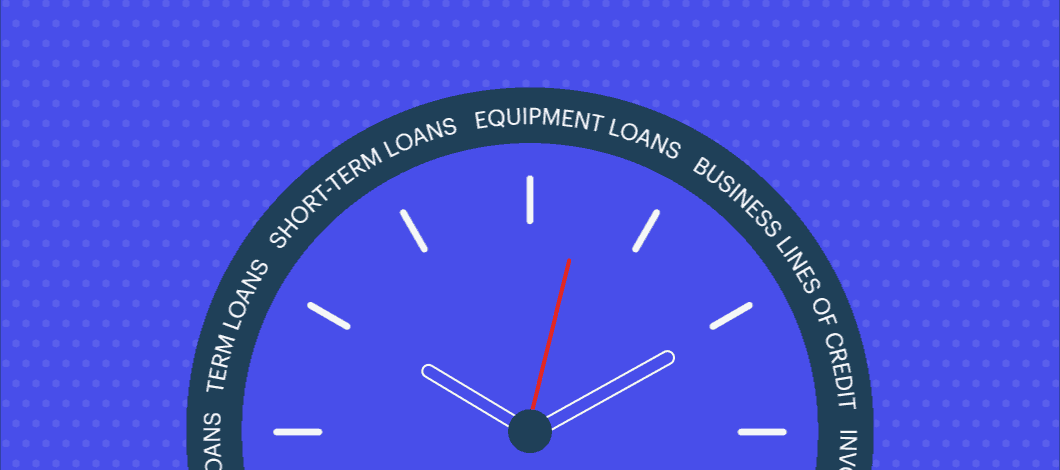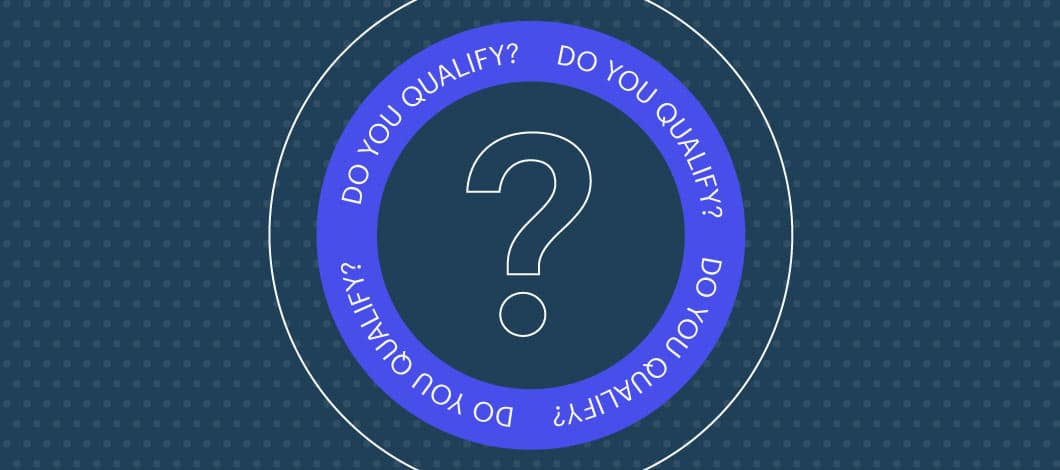Business loan term lengths vary depending on loan type, amount and lender. Depending on whether you opt for a short- or long-term loan, your repayment length could be a few months or as long as 20-plus years.
If your business is looking to take on debt to expand its operations, but you don’t want loan payments to deplete your cash flow, a conventional long-term business loan could be your best option.
On the other hand, short-term loans are suited for situations when you need to bridge a gap in cash flow and are typical of microloan lenders and short-term financing offered through alternative lenders. Let’s take a deeper look into the most common business loan terms by loan type.
Overview of Typical Business Loan Terms
When your business needs to secure funding, it’s crucial to weigh all your options and evaluate each of the small business loan terms you’re considering. While some types of financing can require repayment in just a few months, you can be paying back some loans for as long as 25 years.
The terms and conditions of each loan type will vary according to your business’s capacity and needs.
Here are some of the main varieties of typical small business loans available and estimated repayment terms for each:
| Loan Type | Business Loan Lengths | Funding Amounts |
| SBA Loans | 5-25 years | $5,000-$5 million |
| Term Loans | 1 year to 10 years | Maximum $250,000 (online lenders) to $500,000 (banks) |
| Short-Term Loans | 3-18 months | $3,000-$500,000 (depending on lender) |
| Equipment Loans | 1 year to 5 years | Up to 100% of the item’s value |
| Business Lines of Credit | 6 months to 5 years | Up to $250,000 (depending on the lender) |
| Invoice Financing | 1 month to 3 months | Percentage of receivables’ value |
| Microloans | 1 year to 6 years | $500-$50,000 |

What Are Typical Business Loan Terms by Lender?
Sometimes we’re asked, “How long are business loans?” Our answer is inevitably the same: it depends.
That is, it depends on the value of the loan and the small business loan length that you’ve agreed upon with your specific creditor. Also, your scheduled repayment period will vary depending on the type of loan you’ve taken out.
Here’s an overview of each loan category:
1. Term Loans
Term loans can be short-, medium or long-term. Short-term loans are often meant to be repaid in 3-18 months. Medium-term loans can be repaid in 1-5 years, and longer-term loans with banks often extend to 7 years, even up to 10 years in some cases. Short-term loans are commonly offered through alternative lenders, while longer-term loans are often available through banks and credit unions.
2. SBA Loans
With competitive interest rates that have maximum caps, government-backed SBA loans are among the most affordable and accessible business loans on the market. These are loans offered through lenders that partner with the Small Business Administration, including banks, credit unions and alternative lenders.
Standard SBA 7(a) Loans
SBA 7(a) loans offer some of the most competitive rates for small businesses that need startup capital or help with debt refinancing. Typically, SBA 7(a) loans for working capital and machinery and equipment come with a 5-10 year repayment term (not to exceed the equipment’s useful life). In contrast, SBA real estate loans can have maturity terms of up to 25 years. In other words, SBA business loan repayment periods depend on what the funds are intended to be used for.
SBA 504 Loans
SBA 504 loans have 10-, 20- or 25-year repayment terms on the SBA-backed portion of the loan, along with fixed interest rates. A third-party lender is involved, and the business loan terms with that lender can vary.
3. Microloans
When it comes to microloans, which are valued at $50,000 or less, you can expect to pay back the principal in 6 years or less. According to the SBA, the average business loan term for microloans is 40 months. However, many small-value loans can be paid off in under a year.
4. Business Lines of Credit
Business lines of credit repayment terms vary by lender. For instance, you might find a business line of credit loan terms of 6 months to 2 years with alternative online lenders. However, if you need longer terms, you may be able to find up to 5-year repayment terms with a conventional bank.
5. Equipment Financing
Business loan terms specific to equipment generally don’t exceed the useful life of the equipment. As a result, equipment loans can have repayment periods of 1 year-5 years. Equipment financing is available through conventional as well as alternative lenders.
6. Invoice Financing
Invoice financing, or invoice factoring, is a short-term funding option designed to provide you with an advance of funds to tide you over until your customers can pay their accounts receivables. As such, invoice financing repayments are typically completed in less than 3 months.
Understanding How a Business Loan Works
To help you understand business loan terms, it might be helpful to understand how business loans work. Typically, business loans are issued by banks or credit unions, which offer a lump-sum payout that borrowers then repay with interest over an agreed-upon period, the business loan term.
If you don’t have business credit or have bad credit, you can still get approved for a business loan. However, your repayment period likely will be shortened, your interest rate higher and your borrowing capacity limited. Additionally, you may be asked to put up collateral or provide a personal guarantee on the loan.
How Much Can You Borrow?
How much you can borrow depends on various factors, such as your credit worthiness, revenue and loan type. Small business loan terms come in all shapes and sizes, with some reaching as high as a million dollars or possibly more depending on your existing capacity and credit history.
If your business has the right credentials behind it, your business loan term length will be more flexible, and your funding amount will be higher.
However, there are borrowing caps in place for some types of loans. For example, you cannot borrow more than $5 million from an SBA-backed lender, or $50,000 from an SBA-backed microlender.
The more qualified your business is regarding creditworthiness, the more favorable business loan terms you’ll likely be eligible for. However, certain business loans could be better suited for specific projects. For instance, capital-intensive initiatives that require long-term business loan terms could be better suited for a bank loan or an SBA loan.

How Can You Qualify for a Business Loan?
To qualify for a business loan through a conventional bank, you might need to meet the following criteria:
- Credit score of 650 or higher
- Predictable annual revenues ($100,000 or more)
- No less than 1 year of being in business
- Collateral
For businesses that don’t have a credit history, you may have to apply personally rather than through your business.
Alternative lenders can fund newer business owners who meet minimum annual revenue requirements and have a credit score of at least 500.
Once you have a business credit history, you can apply for long-term funding with typical business loan terms.
How Do Business Loan Terms Affect Your Repayment?
Your business loan term will depend on several factors, including what the funds will be used for, where you’ve acquired the loan and how much the loan is worth. Depending on your business’s needs, you can find repayment terms ranging from a few months to more than 20 years.
When seeking financing, determine the loan amount you’ll need and the repayment period you feel comfortable with. Use an online business loan calculator to estimate your installment payments and find out how much you’ll be paying based on your loan term and on the financing you need.










